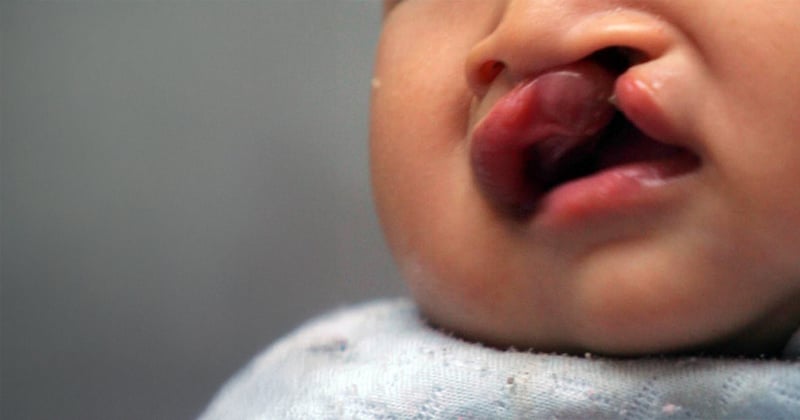

Cleft Lip and Palate Surgery
Cleft lip and cleft palate are relatively common congenital defects that can affect a child’s breathing, eating, and speech formation. The goal of cleft lip and palate surgeries is to solve those issues while also creating an aesthetically pleasing lip and nose. Our team of physicians works side by side with parents to create a plan of action that will leave their child with a normal, enjoyable life for years to come.
REQUEST NOWCleft lip and palate surgery explained
In early days in the womb, babies have a split (called a cleft) between the right and left sides of the lip and along the roof of the mouth (called the palate). Around the 10th week of development, this split should come together to form the lips and mouth. When the tissue does not join, babies are born with a cleft lip, a cleft palate, or both.
The opening in a cleft lip can be either a small slit or a large split extending from the lip into the nose, and it can be on one side or both sides of the lip. Sometimes it runs in the middle. The opening in a cleft palate may be in the front, back, or both parts of the palate.
Reconstructive surgery to connect the separated tissue is performed around three months for a cleft lip, and 10 months for a cleft palate. This time frame is crucial for allowing infants to breathe, eat, and form words during speech development.
The average child with a cleft lip and/or cleft palate will require multiple procedures in their lifetime. Forefront physicians enjoy seeing these children grow and we continue to help them as their needs change through the years.
Your child’s consultation
We believe that parents deserve to be well informed about this important reconstructive procedure, and that forming a personal bond with the surgical team is an integral part of the healing process.Choosing a surgeon for your child is an intensely personal decision. We encourage you to take the time to question the physician and their team.
During a detailed consultation, your surgeon will meet with you to discuss your concerns. The surgeon will then examine your child and offer their opinion on how to achieve the reconstructive goals based on best practices and how the procedure will affect your child. Finally, you will learn about processes needed to prepare your child for surgery, and how to care for him or her during recovery.
Cleft lip and cleft palate repair, as with all surgical procedures, carries a certain amount of risk. It is important that you understand these risks and the possible complications or adverse events associated with them. Your surgeon will discuss any risks with you during your child’s consultation and pre-operative appointments.
What to expect during cleft lip/cleft palate surgery
Cleft lip and/or cleft palate repair typically involves a series of operations as your child’s growth and development demand. The first operation closes the cleft(s) in the lip and/or palate.
The initial reconstructive surgery usually takes one to two hours of time and is performed with general anesthesia. Your child will stay in the hospital overnight after the surgery. Healing continues for several weeks, and swelling goes down over time.*
What is recovery from cleft lip/cleft palate surgery like?
The time to recover will depend on the extent of reconstruction. Arm restraints are used during the recovery period to ensure your child does not touch the healing site or suck his or her thumb. Most children are able to resume a non-strenuous home schedule in one week. Most can return to strenuous activity levels in eight weeks.
Schedule a consultation for cleft lip and/or palate repair today. We will be happy to answer any questions you may have.
Please contact our practice at
Interested in Cleft Lip and Palate Surgery? Request a consultation with a skin specialist today.
*Treatment options may vary at each location.Please confirm your desired treatment is offered at your preferred location when scheduling. *Age Restriction.
For patients scheduling who are under 18 years of age (19 in Alabama and Nebraska) please make sure you have permission from your parent or legal guardian to schedule this appointment. Your parent or legal guardian must accompany you on your initial visit and on certain subsequent visits to provide appropriate informed consent.